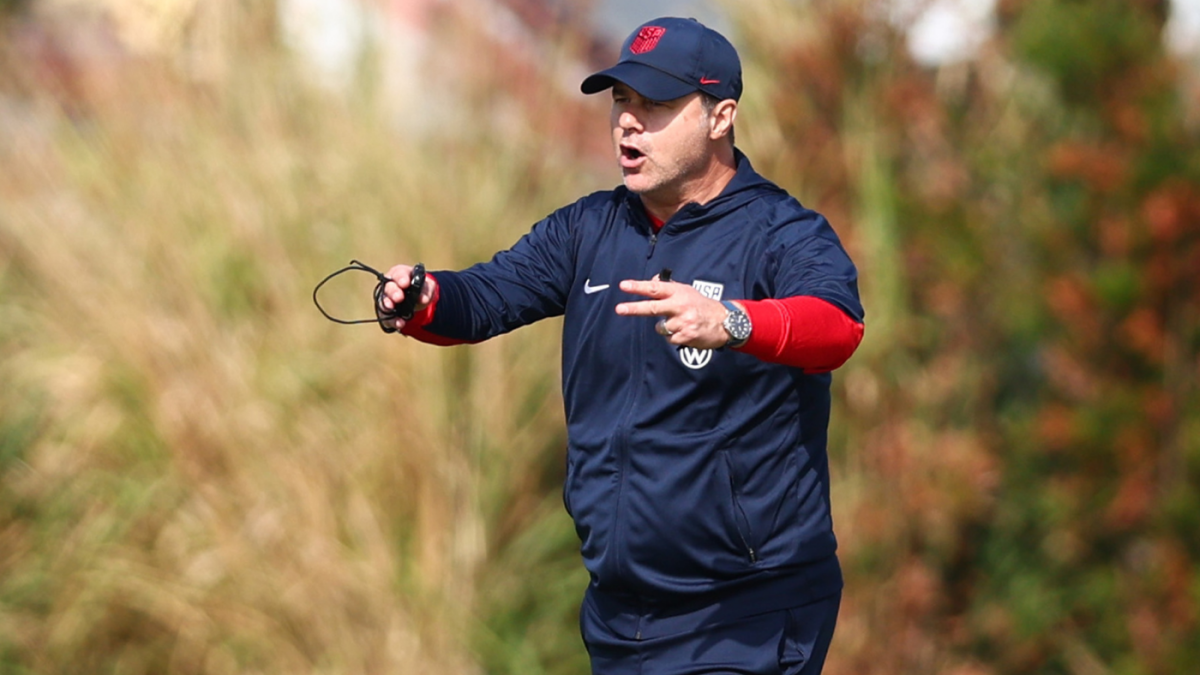Every Gold Cup brings heightened expectations for the U.S. men’s national soccer team, which is traditionally a frontrunner to claim the title. As Mauricio Pochettino prepares for the tournament, he’s tasked with coaching a largely inexperienced squad. Only six players in his Gold Cup roster have more than 30 international caps, with seven others set to make their debuts in the first of two friendly matches before the tournament. This situation is further complicated by injuries affecting key players like Antony Robinson and Christian Pulisic, while Weston McKennie, Timothy Weah, and Gio Reyna will be participating in the Club World Cup.
Reaching the Gold Cup final on July 6 could allow Pochettino to further familiarize himself with this group, which he has led for only a few days since his first match last October. At a recent press conference, he expressed the positive potential of having an entire month to train together. He emphasized that it’s crucial to provide players with opportunities, building their confidence as they aim for victory.
Pochettino highlighted the need to address several areas for improvement, especially following a disappointing fourth-place finish in the Concacaf Nations League final in March, where team mentality was under scrutiny. He acknowledged that this summer’s roster differs significantly from March’s, offering chances to new players in the national team setting.
Tyler Adams, a veteran among the new squad, shared insights on the transitional phase the team is experiencing. He pointed out the importance of establishing chemistry among team members as they adjust to new principles and each other’s playing styles.
Despite the challenges posed by recent absences, this situation has afforded Pochettino an unexpected opportunity to give less seasoned players a chance to shine. The impact of this can already be seen, as Real Salt Lake midfielder Diego Luna stood out in March’s game, and Charlotte FC’s Patrick Agyemang is positioning himself as a potential new forward.
Pochettino’s focus on new talent comes with the tension of looming World Cup pressures. As the team navigates its growth phase, Adams stated their objective is to prove their capabilities at this level and to keep pushing for improvement.
Winning every match before the World Cup is the goal, but Adams also recognizes the dual nature of this pursuit. It’s essential to balance wins with genuine development, as the current environment offers valuable lessons that could define the team’s future.
Fan Take: This news is significant for soccer enthusiasts because it signals a shift in the U.S. men’s national team’s approach, showing a commitment to developing young talent ahead of major tournaments. The composition of this squad could redefine the team’s identity and build a foundation for sustained success in international competitions.



